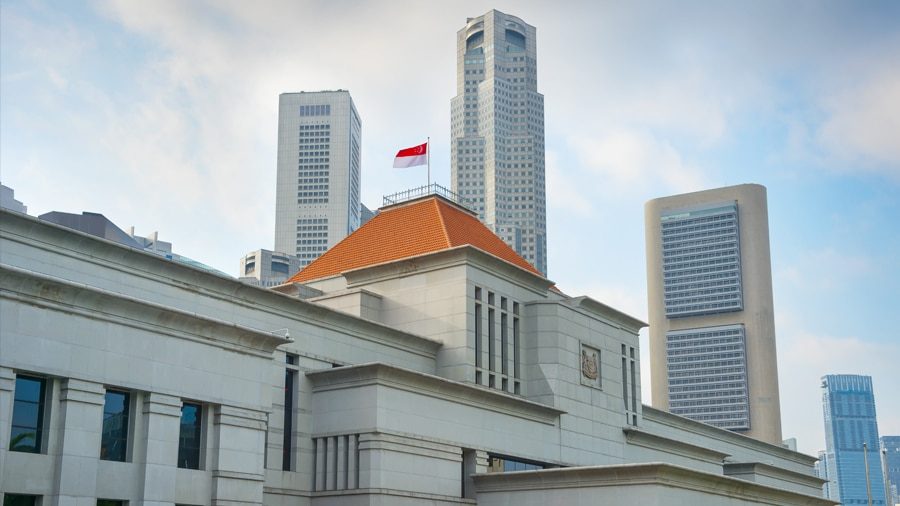Singapore Election Results Point Towards Business Continuity and Stability
Singapore General Elections 2025 (GE2025) has concluded with a clear mandate for the incumbent People’s Action Party (PAP). The PAP won 87 out of 97 parliamentary seats. The possibility of the PAP returning to form the next government was never seriously in doubt. However, GE2025 was yet another platform for Singaporeans to voice concerns that will become the agenda of the Singapore government in the coming years. Key issues that were raised during GE2025 revolved around cost-of-living pressures and uncertainty caused by an increasingly volatile global economy.
Results of GE2025 bode well for investor confidence during these uncertain times. Singapore’s reputation as a stable and reliable hub will undoubtedly be buoyed by the latest GE2025 results. In the face of increasing tariffs, the next Singapore government is likely to address it by strengthening partnerships and striking new frameworks for trade and investments. Prime Minister (PM) Lawrence Wong’s May Day Rally speech has indicated that Singapore sees opportunities in Asia, including parts of the Middle East, as well as emerging regions like Latin America and Africa. Case in point, a free trade agreement has entered into force this week for Singapore, Chile and Peru which will give Chilean and Peruvian companies greater access to Singapore and the region, and vice versa. This is especially important given that Singapore has already one of the highest number of free trade agreements (FTA). It has 27 implemented agreements, and was the first country to ratify the world’s largest FTA – Regional Comprehensive Economic Partnership (RCEP). The incoming government is therefore expected to continue to pursue a policy of barrier-free trade.
The next Singapore government is also likely to stay on track with its approach towards managing rising cost of living. PM Wong has indicated that tackling cost of living pressures and a strong growing economy is interlinked. The best way to manage cost pressures is to keep incomes rising faster than inflation, and the country’s economy must keep growing to finance social support. Meanwhile, the next government is likely to encourage companies to enhance productivity, encourage skills upgrading and rewarding their employees for doing so.
Leadership renewal was also a key theme of GE2025 given that it is a first ever General Elections led by a 4G leader. The PAP introduced 32 new candidates, of which 24 candidates have been elected. It is likely that PM Wong will call on some of the newly elected candidates to serve in his new cabinet. Several of the new PAP elected candidates were former senior military and civil servants including Shawn Loh, David Neo, Jeffrey Siow and Jasmin Lau etc. The considerable portion of former civil servants in PAP’s candidate slate for GE2025 has led the voting public to question the possibility of groupthink that may hinder fresh policy ideas in the next government. However, it is also important to note that the concerns over groupthink in the Singapore government is not new, meanwhile the PAP’s track record speaks for itself.
With GE2025 out of the way, the focus will now be on PM Wong’s cabinet appointments for his upcoming five-year term. Key ministers in the previous government such as Teo Chee Hean, Ng Eng Hen and Heng Swee Keat are retired and have left big shoes to be filled. While other 4G ministers such as Chan Chun Sing, Ong Ye Kung and Desmond Lee are expected to feature in the upcoming cabinet to provide continuity, the rest of the newly appointed office holders will have to prove themselves in the coming days. With PM Wong handed the clear mandate that he requested, Singaporeans will be expecting the next government to steer them through the turbulent times ahead.


